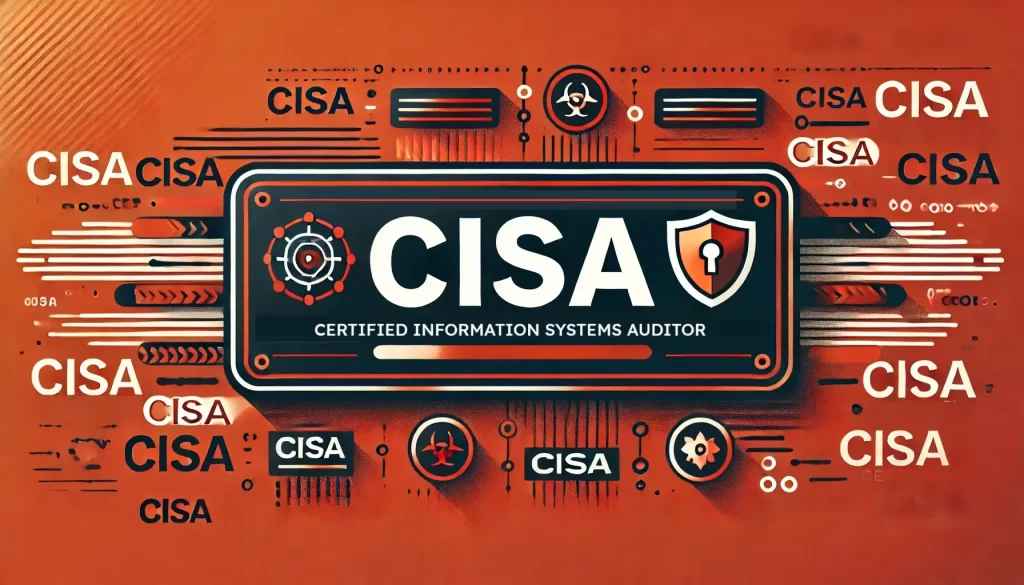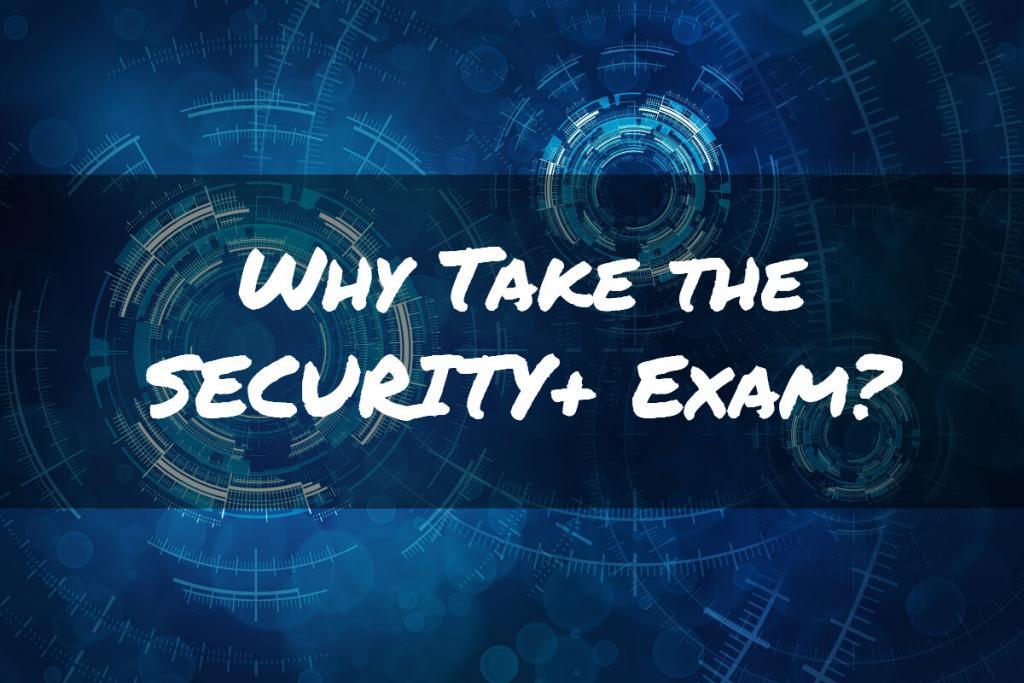Are you thinking about taking the Certified Information Systems Security Professional (CISSP) exam?
The CISSP is one of the most coveted security certifications that are well worth having.
Earning a CISSP certification requires careful study and good planning.
In today’s IT world, it’s one of those certifications that will keep your future open with opportunities.
If you have your eye on a career in IT security, earning a CISSP certification should be at the top of your priority list.
However, make sure you know how to earn one before you begin!
Table of Contents
Taking the CISSP exam…Click below to find out more!
What is the CISSP Certification?
Importance of Taking the CISSP Exam
The Prerequisites
CISSP Exam Requirements
Continuing Education and Renewal Requirements
What is the CISSP Certification?
The CISSP is an international, vendor-neutral security certification governed by International Information Systems Security Certification Consortium, Inc. (ISC2).
You’re likely to find a job faster if you have a CISSP certification because employers recognize it as one of several top industry certifications for information security professionals.
Employers expect someone with a CISSP certification to be capable of analyzing and evaluating complex security problems and suggesting solutions.
If you’d like to consider information systems auditing, then the CISA certification, may be a better choice.
Importance of Taking the CISSP Exam
The CISSP certification is one of the most respected and recognized certifications in the information security industry.
Earning this certification will show employers that you’re dedicated to keeping your knowledge of information security up-to-date and is almost certainly a prerequisite if you ever decide to become a cybersecurity consultant one day.
It will also help you demonstrate that you possess the knowledge, skills, and experience necessary to handle various issues that may arise in an organization’s computer systems and networks.
If you’re interested in earning the CISSP certification, here are some things you need to know about getting started.
The Prerequisites
The CISSP certification requires a few different prerequisites.
In order to take the CISSP exam, you’ll need five or more years of cumulative work experience in at least two of eight CBK (Common Body of Knowledge) exam domains.
These include: Security and Risk Management, Asset Security, Security Architecture and Engineering, Communication and Network Security, Identity and Access Management, Security Assessment and Testing, Security Operations, and Software Development Security.
If you hold a four-year college degree, it can satisfy one year of professional experience.
At least two years of that degree must be from an accredited college or university in one of these fields: Computer Science, Information Systems Security, Computer Systems Networking, Information Technology, or Web Administration/Management.
With that being said, if you don’t currently have enough experience—you can still become certified by opting for Associate of (ISC)² designation.
The Associate of (ISC)² program allows you to gain necessary knowledge and experience you need to take any specific (ISC)² certification exams without the required work experience.
CISSP Exam Requirements
To earn a CISSP certification, you will be required to pass an exam covering ten specific domains in information security that cover topics ranging from law and ethics, access control systems and cryptography.
In order to become a certified professional, you’ll be expected to know best practices and common methods used in information security within your organization.
The exam consists of 250 multiple-choice questions.
The time limit is 4 hours per test, and you are required to answer at least 170 questions correctly in order to pass.
The cost of each exam is $650, making it one of the most expensive security certifications available today.
You may retake an exam only once within a 12-month period; if you fail, you will have to wait another full year before you can retake it again.
Passing all ten domains is necessary to earn your certification; but that’s easier said than done, most candidates take between three and six attempts before they finally pass.
Lastly, note that while there is no official age requirement for taking the exam (the official website suggests 18 years old as generally acceptable), many companies prefer their employees to be more experienced.
Continuing Education and Renewal Requirements
The annual CISSP Certification maintenance fee costs about $85.
To maintain the CISSP certification, you must earn 40 continuing professional education (CPE) credits annually, and 120 credits over a three-year period.
And remember, just because you have your certificate doesn’t mean you should stop learning; in fact, it’s more important than ever!
Read up on new security threats and best practices so that when your certification comes up for renewal, there will be no hesitation when filling out your recertification form.
Conclusion
The Certified Information Systems Security Professional (CISSP) certification is widely considered one of most respected information security certifications available, but it’s also notoriously difficult to earn.
Earning a CISSP requires a level of expertise in information security that can take years to acquire, which makes earning and maintaining a certificate even more valuable.
In short, if you have a CISSP certificate, there’s no question that you know your stuff, which will help when dealing with high-level clients and vendors across your field.



